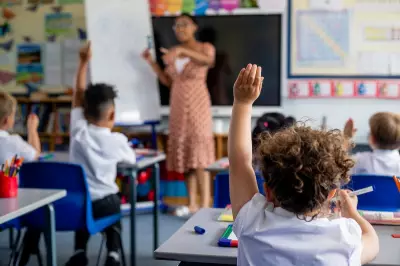
A recent report has sparked debate over whether schools are accurately assessing the needs of pupils requiring additional support during exams. The findings suggest a potential overestimation in the number of students granted extra time, raising questions about fairness and resource distribution in the education system.
Key Findings from the Report
The study highlights several concerning trends:
- Discrepancies between school assessments and independent evaluations of special educational needs
- A significant increase in the number of pupils receiving exam accommodations in recent years
- Variations in assessment practices between different regions and school types
Implications for the Education System
Education experts warn that inaccurate assessments could have far-reaching consequences:
- Limited resources may be diverted from pupils with genuine needs
- The credibility of exam results could be called into question
- Schools might face increased pressure to provide accommodations
Calls for Reform
The report has prompted calls for:
Standardised assessment procedures to ensure consistency across schools and regions. Training for teachers to better identify genuine special educational needs. Regular reviews of support allocations to maintain fairness in the system.
As the debate continues, education authorities are being urged to address these concerns while ensuring that pupils who genuinely require support continue to receive appropriate accommodations.





